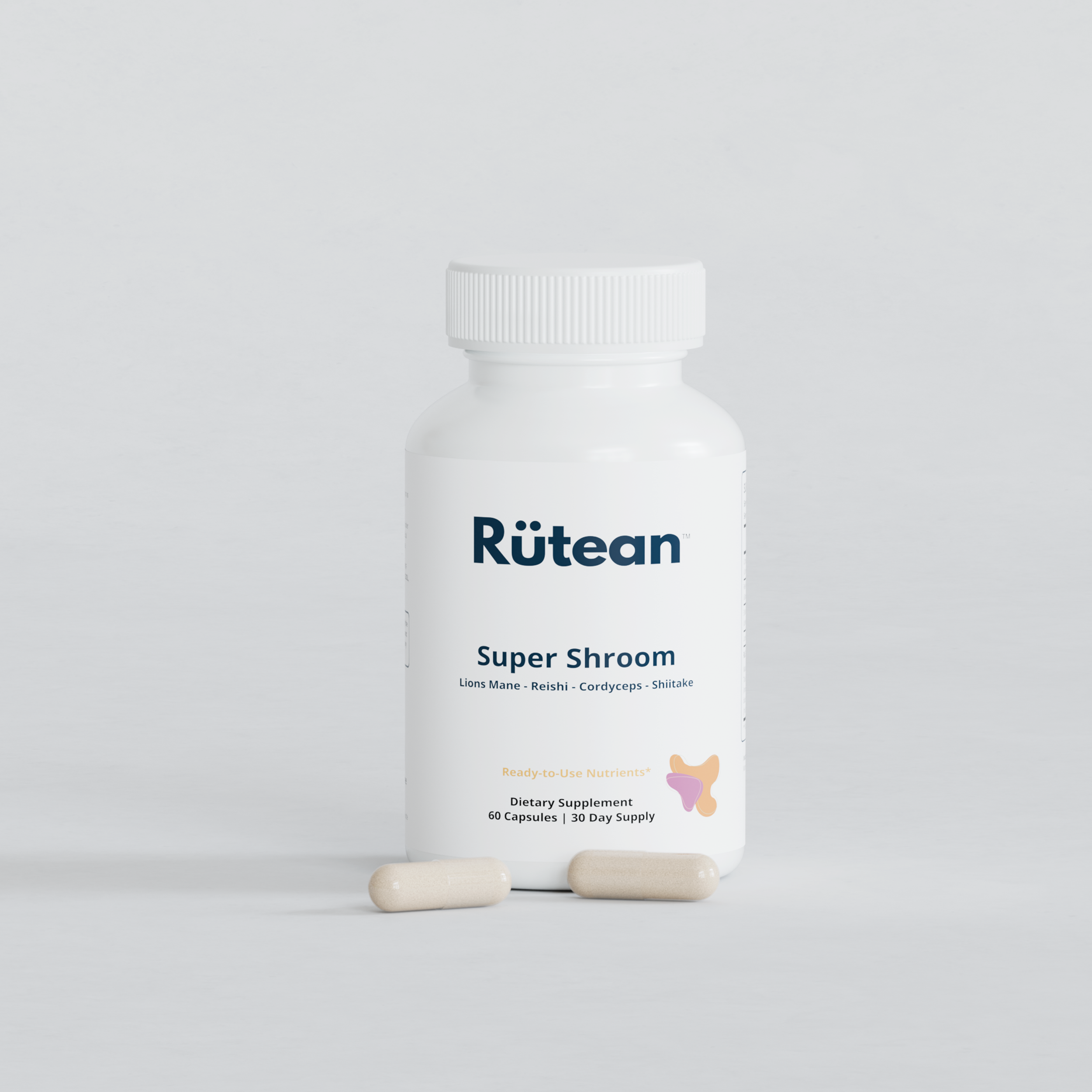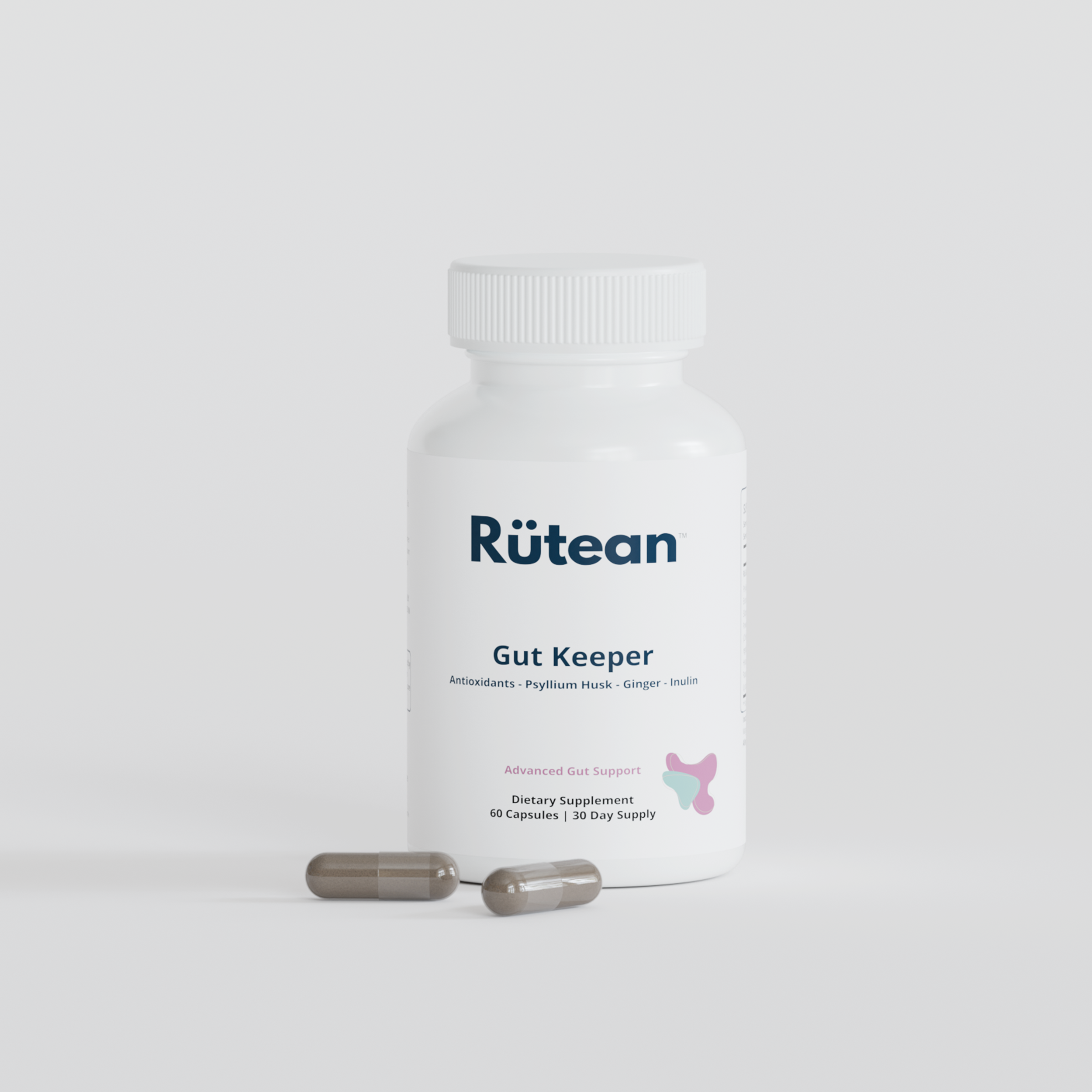In our fast-paced world, stress is an undeniable part of modern living. From demanding work schedules to personal commitments and the omnipresent information overload, our bodies and minds are constantly under siege. As we search for ways to adapt and cope, nature offers a unique solution: the Reishi mushroom. Revered in traditional medicine and now recognized by modern science, Reishi may just be the ally we need in these challenging times.
A Brief History of Reishi's Reverence
Reishi, scientifically known as Ganoderma lucidum, has a rich history in Asian cultures. In traditional Chinese medicine, it's called "Lingzhi," which translates to the "Mushroom of Immortality." This name alone gives insight into the high esteem in which it was held. For centuries, it's been used as a tonic for longevity, vitality, and overall well-being[1]
The Science Behind Stress Adaptation
Modern life, while filled with conveniences, also brings unprecedented levels of stress. Chronic stress is linked to a host of health concerns, from mental health issues to chronic diseases[2]. This is where adaptogens come into play. Adaptogens are natural substances that help the body adapt to stress and normalize bodily functions.
Reishi stands tall among adaptogens. The primary components responsible for its adaptogenic properties are ganoderic acids and triterpenes[3]. These compounds have been researched for their potential ability to manage the body's stress response by affecting the adrenal glands and cortisol levels[4].
Antioxidant Properties: A Bonus
Apart from its adaptogenic qualities, Reishi also boasts significant antioxidant properties. Antioxidants are crucial in combatting oxidative stress, which is an imbalance of free radicals in our body. Oxidative stress, if unchecked, can lead to inflammation and various chronic diseases[5].. The phenolic and polysaccharide contents of Reishi have shown potential in scavenging these free radicals, offering a protective layer for our cells[6].
Incorporating Reishi into Modern Wellness
Given the mounting evidence of Reishi's benefits, it's no surprise that it's found its way into contemporary wellness products. However, it's essential to ensure that the source is pure and the processing retains its potent compounds. Our blend ensures just that, combining the age-old wisdom of Reishi with modern extraction methods for optimal benefits.
Conclusion
In the dance of life, adaptability is key. With Reishi, nature provides a partner to help us gracefully navigate the ups and downs, ensuring we not only withstand but thrive amidst life's challenges. By harnessing the power of this ancient mushroom, we can potentially arm ourselves with a holistic tool to combat the stresses of the modern world.
References
1- Wachtel-Galor, S., Yuen, J., Buswell, J. A., & Benzie, I. F. F. (2011). Ganoderma lucidum (Lingzhi or Reishi): A Medicinal Mushroom. In Herbal Medicine: Biomolecular and Clinical Aspects (2nd ed.). CRC Press/Taylor & Francis.
2- Cohen, S., Janicki-Deverts, D., & Miller, G. E. (2007). Psychological stress and disease. JAMA, 298(14), 1685–1687.
3- Zhou, X., Lin, J., Yin, Y., Zhao, J., Sun, X., & Tang, K. (2007). Ganodermataceae: Natural products and their related pharmacological functions. The American journal of Chinese medicine, 35(4), 559–574.
4- Ma, H., He, X., & Yang, Y. (2011). The genus Ganoderma: a review of its traditional uses, phytochemistry and pharmacology. Journal of Ethnopharmacology, 134(3), 280-317.
5- Betteridge, D. J. (2000). What is oxidative stress?. Metabolism, 49(2), 3–8.
6- El-Mekkawy, S., Meselhy, M. R., Nakamura, N., Tezuka, Y., Hattori, M., Kakiuchi, N., ... & Kasai, R. (1998). Anti-HIV-1 and anti-HIV-1-protease substances from Ganoderma lucidum. Phytochemistry, 49(6), 1651-1657.



